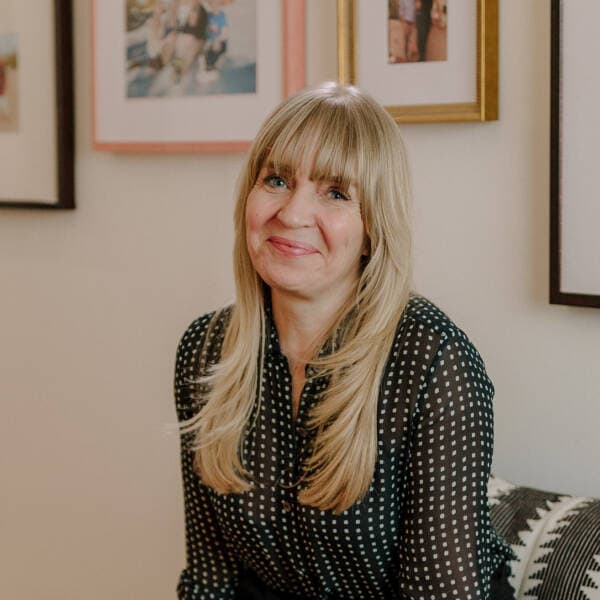Advertisement
Cog's Weekly Newsletter
The undercurrents of individualism

Editor's Note: This essay appeared in Cognoscenti's newsletter of ideas and opinions, delivered weekly on Sundays. To become a subscriber, sign up here.
In the fall of 2024, one of the biggest brouhahas on social media wasn’t about the imminent presidential election: it was about school supplies.
The debate: Should parents buy a stash of personal school supplies for their own kid, or contribute to a pool of supplies to be shared by the whole class? Teachers and parents had strong feelings. The opponents of sharing supplies talked about learning personal responsibility, quality disparity (every parent knows Crayola crayons are tops) and fairness. Proponents talked about learning how to share, underpaid teachers buying glue sticks with their own money and equity.
The debate struck me as uniquely American — a debate that could only happen in a country where we prioritize rugged individualism as much as we do. Here we see the concept of individualism reflected in discussions about gun ownership and gender identity, school choice and — apparently — school supplies. Most of the time, we think of individualism in the context of our freedoms and rights. But individualism also colors how we think about our responsibilities and obligations.
Toi Smith, a mother of four who often writes about how parenting, capitalism and culture intersect, believes that the parents debating whether kids should share school supplies were asking the wrong questions. “What would happen if we got curious instead of defensive?” she wrote on Instagram this week. The instinct to label every washable marker and protect what’s “ours” comes from our deeply ingrained culture of rugged individualism, which, she writes, “convinces us that communal care is a threat rather than a necessity.”
Maybe, like me, you no longer buy school supplies for small children. Maybe, like me, that makes me think you can sit out this particular debate. And maybe, like me, you’ll realize you’ve got that wrong. That’s because individualism is one of what political scientist Alex Zakaras calls America’s “foundational myths”; it’s an undercurrent in lots of stories we tell ourselves and others.
In fact, individualism — and its opposite, collectivism — make a guest appearance in all three stories we published at Cog this week. Tove Danovich’s essay, about receiving a medical bill two years after receiving care, illuminated the problem with seeing health care as an individual responsibility. “As long as people can receive, and be forced to pay, hospital bills from years ago, it’s impossible to argue that there’s any way to smartly budget when it comes to medical costs,” she writes. “Individual control is an illusion.”
Iván Espinoza-Madrigal wrote about Americans becoming more legally literate in order to protect not just themselves, but also their friends, neighbors, students and congregants from unconstitutional searches by ICE agents. These lessons are especially important for health care professionals, members of the clergy and educators — professionals whose job it is to deprioritize individualism for the sake of the collective good.
Advertisement
And, finally, Maura Sullivan Hill, wrote about the individual and collective grief in her essay about the death of 28 members of the figure skating community in the tragic mid-air collision between American Airlines Flight 5342 and a U.S. Army helicopter late last month. “If there is healing to be done, it will happen on the ice,” she writes, reminding us of the power of healing in communion with others.
The older I get, the more I sympathize with more than one side in most debates, including the one about school supplies. It’s the both/and of life — the idea that two seemingly contradictory ideas can both be true: There are advantages to buying school supplies for only your own kid. There are advantages to helping buy school supplies for every kid. Individualism can be good and bad.
You can’t apply both/and thinking to every issue, but when you can, it’s liberating. It gives me the space to stop worrying about finding the right answer and start focusing on asking the right questions. It helps me get really clear about what matters — what’s so important to me that I’m willing to fight for it for everyone.
Follow Cognoscenti on Facebook and Instagram. And sign up for our weekly newsletter.
